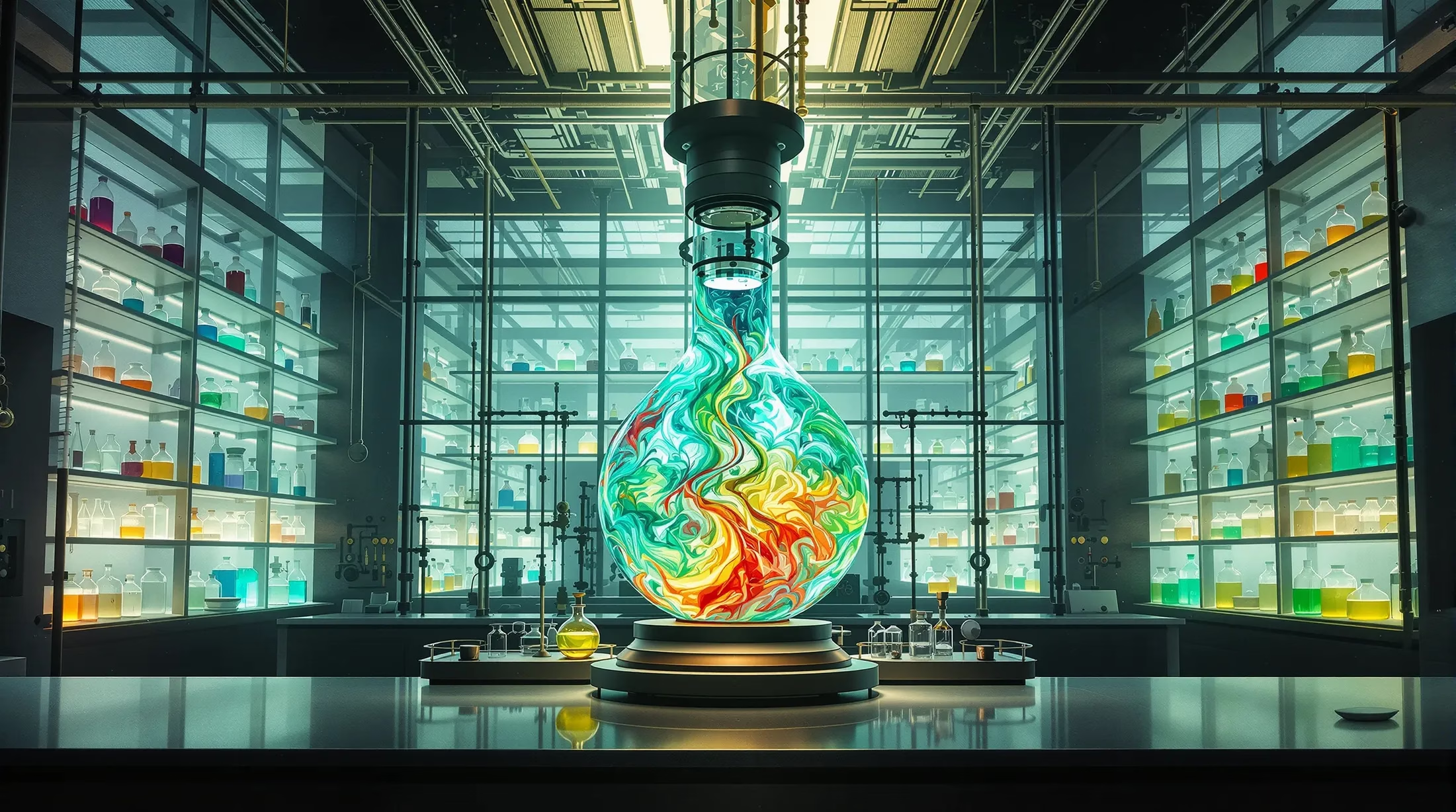What Does a Chemical Engineer Do? Roles, Responsibilities, and Career Insights
Discover the fascinating world of chemical engineering, where science meets innovation to create solutions that shape our modern world. From developing life-saving pharmaceuticals to designing sustainable energy processes, chemical engineers play a pivotal role in transforming laboratory discoveries into real-world applications.
Understanding the Role of a Chemical Engineer
Chemical engineers are innovative problem-solvers who bridge the gap between scientific discovery and commercial applications. They design and optimize processes for large-scale manufacturing, applying principles of chemistry, physics, mathematics, and engineering to create solutions for producing chemicals, materials, pharmaceuticals, energy, and countless other products we use daily.
The essence of a chemical engineer’s role involves designing, constructing, and operating facilities where matter undergoes changes in state and composition. This extends beyond simple chemical mixing – it requires mastery of complex physical and chemical processes, thermodynamics, reaction kinetics, and transport phenomena. These professionals continuously develop methods to make production processes safer, more efficient, and environmentally sustainable.
Core Responsibilities of Chemical Engineers
- Designing and developing chemical manufacturing processes and equipment
- Conducting research to improve existing processes and efficiency
- Implementing safety protocols and environmental compliance measures
- Collaborating with multidisciplinary teams
- Preparing detailed equipment specifications
- Evaluating production costs and optimizing performance
- Creating mathematical models and simulations for system behavior prediction
Industries Where Chemical Engineers Work
| Industry | Role Focus |
|---|---|
| Petrochemicals and Energy | Refining processes, alternative fuels, natural gas processing |
| Pharmaceuticals and Biotechnology | Manufacturing processes for medications and vaccines |
| Food and Beverage | Production systems, nutrient preservation techniques |
| Materials Science | Polymer production, specialty chemicals development |
| Environmental Protection | Remediation systems, pollution control technologies |
Essential Skills for Chemical Engineers
Success in chemical engineering requires a powerful combination of technical expertise and interpersonal abilities. These professionals must master multiple scientific and mathematical disciplines while maintaining the ability to adapt to evolving technologies and industry demands.
Technical Skills Required
- Statistical analysis and applied physics
- Thermodynamics and fluid mechanics
- Process simulation software (Aspen HYSYS, CHEMCAD, PROSIM)
- Programming languages (Python, MATLAB, R)
- Computer-aided design (CAD)
- Computational fluid dynamics (CFD)
- Process control systems
- Regulatory compliance knowledge
Soft Skills for Success
- Communication excellence – ability to explain complex technical concepts to diverse audiences, from operators to executives
- Teamwork and collaboration – working effectively with multidisciplinary teams including chemists, mechanical engineers, and safety specialists
- Project management – coordinating complex initiatives with multiple stakeholders and resource constraints
- Critical thinking and adaptability – navigating unexpected challenges in process development and manufacturing
- Leadership capabilities – guiding teams, mentoring junior engineers, and managing departments
- Ethical practice and sustainability awareness – making responsible decisions considering environmental impact and community safety
- Cultural awareness – working effectively across geographical and cultural boundaries
Educational Pathways in Chemical Engineering
The foundation of a chemical engineering career begins with robust education in science and mathematics, followed by specialized training. Entry-level positions typically require a bachelor’s degree in chemical engineering or related fields like chemistry, biochemical engineering, or materials science engineering. These programs provide essential knowledge in thermodynamics, fluid mechanics, heat transfer, mass transfer, reaction kinetics, and process design.
Advanced degrees become increasingly valuable as the field grows more specialized. A master’s degree or Ph.D. opens doors to research and development roles, academic positions, or specialized technical work. These advanced programs enable deeper expertise in areas such as bioprocessing, nanotechnology, sustainable energy, or advanced materials, aligning with specific career aspirations in pharmaceutical processes, renewable energy, or manufacturing systems.
Undergraduate and Graduate Programs
| Program Level | Duration | Key Features |
|---|---|---|
| Undergraduate | 4 years | ABET-accredited, combines mathematics and sciences with engineering, includes laboratory work and internships |
| Master’s | 1-2 years | Advanced technical knowledge, specialized focus areas, thesis research or projects |
| Doctoral | 4-6 years | Original research contributions, preparation for research/academic careers |
Certifications and Licenses
- Professional Engineer (PE) License – requires ABET-accredited degree, FE exam, professional experience, and PE exam
- Specialized Certifications:
- Certified Safety Professional (CSP)
- Certified Energy Manager (CEM)
- Project Management Professional (PMP)
- Process Safety Professional Certification
- Sustainability Professional Certification
These credentials demonstrate specialized knowledge and commitment to professional development, often leading to improved job prospects and increased earning potential. Many employers value these certifications as evidence of current industry knowledge and adherence to best practices.
Career Insights and Job Outlook for Chemical Engineers
The chemical engineering field shows exceptional promise with a projected 10% growth rate from 2023 to 2033, substantially exceeding the average across all occupations according to the Bureau of Labor Statistics. This robust growth stems from chemical engineers’ vital contributions across multiple sectors, including renewable energy development, pharmaceutical innovation, and environmental solutions. With approximately 21,400 positions available in 2023, the field offers substantial opportunities for both emerging talent and seasoned professionals who combine technical expertise with problem-solving capabilities.
Current Job Market Trends
- Emerging sector growth in renewable energy, biotechnology, and advanced materials
- Increased demand for sustainability expertise and process optimization skills
- Rising opportunities in digital technology implementation
- Strong presence in traditional sectors like petrochemicals and manufacturing
- Expanding roles in pharmaceuticals and environmental remediation
- New positions focused on green chemistry and environmental protection
Future Opportunities in Chemical Engineering
| Sector | Growth Areas |
|---|---|
| Pharmaceuticals | Personalized medicine, advanced drug delivery systems |
| Energy | Renewable technologies, hydrogen production, carbon capture |
| Materials Science | Next-generation polymers, composites, nanomaterials |
| Environmental | Water purification, waste treatment, pollution prevention |
| Bioeconomy | Biofuels, bioplastics, bio-based chemicals |
| Digital Technology | AI integration, machine learning, advanced process control |
The integration of traditional chemical engineering principles with emerging technologies creates an expansive landscape of career possibilities. Chemical engineers who maintain adaptability and continue developing their expertise across these evolving sectors position themselves for sustained professional growth and impact.







